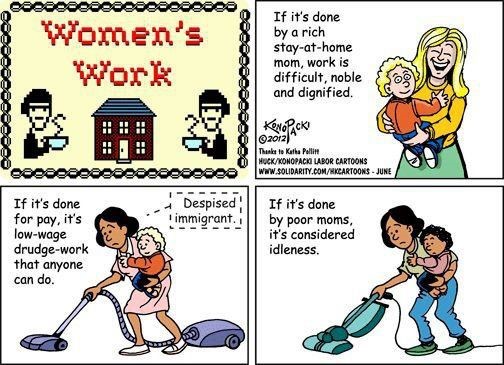
A four-year-old post by Michael Zimmer has been getting renewed attention after Facebook’s controversial “real-name” policy came under scrutiny for disproportionately affecting certain communities: drag performers, doctors and mental health professionals, and political dissidents among them. While Facebook has issued an apology, especially to drag queens who found their stage names no longer accepted by the site, Mark Zuckerberg’s take on the issue of identity — and integrity, as articulated in Zimmer’s piece — piqued our interest here at Culture on the Edge:
 With our own interests in code-switching, identifications rather than identities, and competing claims of legitimacy or authority, we think the emphasis on a single identity is ripe for analysis, so we have each offered a brief response… one being posted each day for a week.
With our own interests in code-switching, identifications rather than identities, and competing claims of legitimacy or authority, we think the emphasis on a single identity is ripe for analysis, so we have each offered a brief response… one being posted each day for a week.
Leslie Dorrough Smith:
In feminist theory and other socio-critical fields, we often refer to identity as intersectional, meaning that it’s never just one thing – it’s always a constant negotiation of multiple social roles that we play, fulfill (and sometimes even have pushed on us, against our will). In this sense, I wholeheartedly concur with Zimmer’s assessment that Zuckerberg has missed the boat when he describes the “single identity” that we all have secretly lurking inside. Zimmer’s response highlights the right of individuals to choose their own shifting self-representations, but here’s where I’d like to add an additional layer of complication, for the notion that we have agency over the management of our identities is, to a great degree, an incredibly privileged perspective. As an example of this, check out this graphic on the varying ways in which “women’s work” functions as a category depending on the race of the women to whom it is attached:

What I think is most disturbing (and yet most predictable) about Zuckerberg’s claim is his clear misrecognition of the fact that large numbers of people actually have no control over the manner in which society (negatively) identifies them, through no fault of their own. What this means is that, for many people, a Facebook profile featuring a mere picture may be enough to connote a negatively-rendered identity. I distinctly remember the time that I inquired about a professional opportunity when I was also noticeably pregnant. I did not inform the person with whom I met in advance of my pregnancy (for it wasn’t at all pertinent to the reason why I was there), but nevertheless, his gaze remained on my mid-section through the entire meeting. I did not choose to be identified in that way, and yet it became the (silent) topic of conversation.
All of this is even more ironic when considered in light of the fact that Zuckerberg, himself, has had to engage in various strategic identity tactics to protect and defend his own reputation over the past several years as Facebook has variously changed the privacy options of its members. Wouldn’t we be completely naïve if we thought that Zuckerberg has no PR team strategically advising him on how to finesse his own identity as he wades through his own (freely chosen) negative waters?
To read the other posts in this series, search the Real Name tag.
